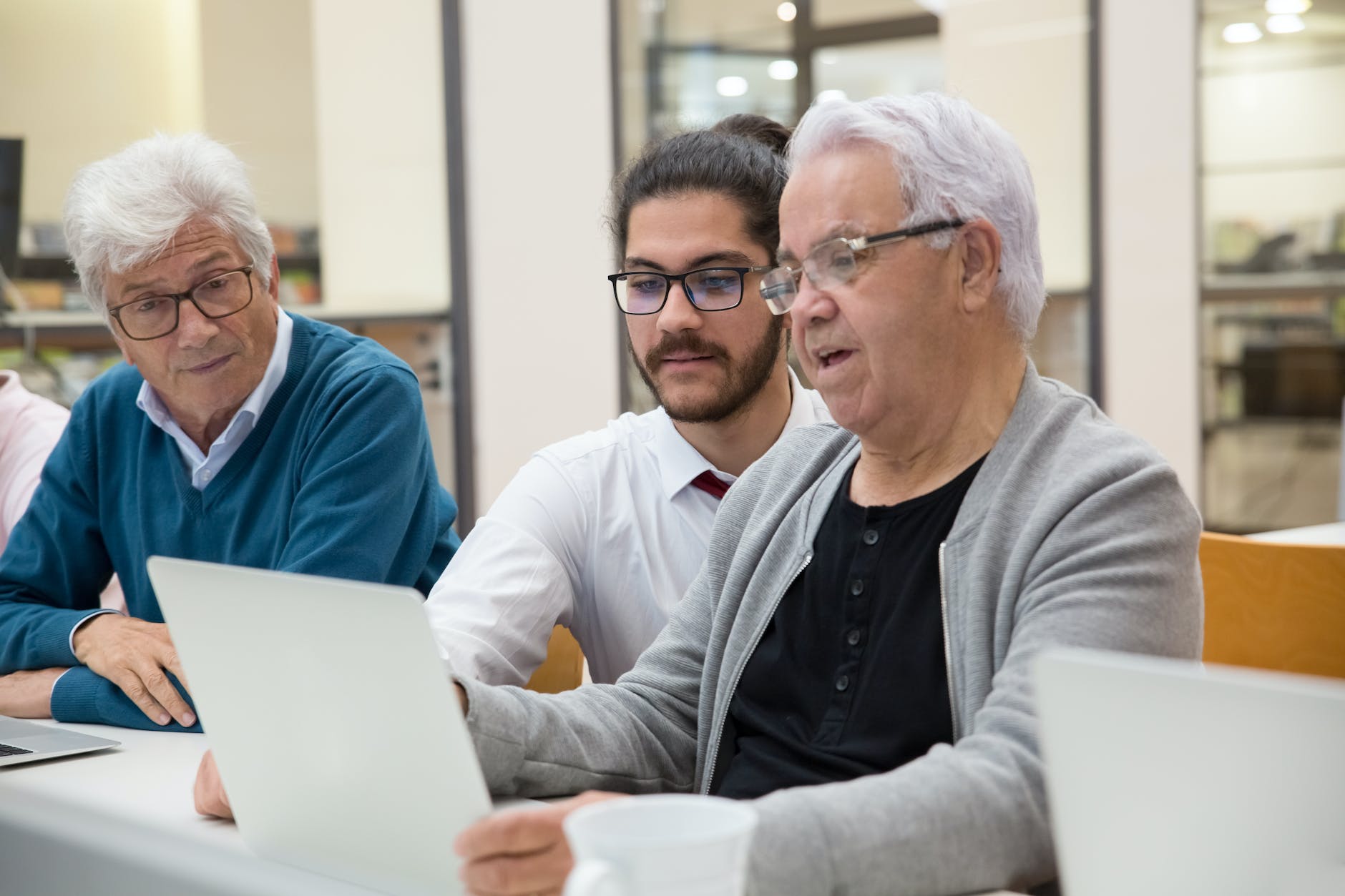
Diverse Services for Special Needs and Senior Care to Match Your Needs
Special needs and senior care service providers are essential for providing individuals with the necessary support to maintain their quality of life and independence. These services cater to the unique needs and preferences of seniors and those with disabilities, ensuring that they receive the care they require. From disability support services and ADHD schools to retirement living options and hospice care, there is a range of diverse services available to meet individual needs. Additionally, technology-based solutions are becoming increasingly prevalent in the industry, providing innovative solutions to enhance accessibility and inclusion. In this article, we will explore these diverse services and how they can match the needs of seniors and individuals with special needs.
Disability Support Services: Providing Assistance and Empowerment
Disability support services are designed to provide assistance and support to individuals with disabilities. These services can include everything from personal care and mobility assistance to therapy and respite care. The goal of disability support services is to empower individuals with disabilities to live as independently and fully as possible. Many disability support services are tailored to specific disabilities, such as cerebral palsy, autism, or Down syndrome. These services can provide specialized care, therapies, and education to help individuals with disabilities thrive.
ADHD Schools: Fostering a Positive Learning Environment
ADHD schools like this, ADHD schools in Gold Coast are specialized educational institutions designed to meet the unique needs of children with attention deficit hyperactivity disorder (ADHD). These schools offer a positive and supportive learning environment that emphasizes structure, routine, and positive reinforcement. ADHD schools often employ specialized teaching methods, such as multisensory instruction and behaviour management techniques, to help children with ADHD succeed academically and socially. Additionally, many ADHD schools offer a range of support services, such as counselling and occupational therapy, to help students overcome challenges and thrive.
Retirement Living: Enabling Independent and Active Living
Retirement living choices are intended to keep seniors’ independence and active lifestyles as they age. These choices can range from independent living communities to assisted living facilities to memory care institutions. Independent living communities offer amenities such as transportation, food, and social activities to elders, whereas assisted living facilities offer more extensive care and support to seniors who require assistance with everyday chores such as showering and dressing. Memory care facilities are developed for elders suffering from Alzheimer’s disease or other forms of dementia, and they offer specialized care and assistance to these folks.
Home Care Services: Providing Compassionate and Flexible Care
Home care services provide seniors and individuals with disabilities with compassionate and flexible care in the comfort of their own homes. These services can include everything from personal care and medication management to housekeeping and meal preparation. Home care services can be tailored to meet the unique needs and preferences of each individual, and can be provided on a part-time or full-time basis. Additionally, home care services can be a cost-effective alternative to assisted living facilities or nursing homes.
Hospice Care: Providing Comfort and Support in End-of-Life Care
Hospice care offers compassionate and supportive care to people reaching the end of their lives. Hospice care can be given in various places, such as the patient’s home, a hospital, or a hospice centre. The purpose of hospice care is to offer patients and their families comfort and support during the end-of-life journey. Pain management, emotional support, and spiritual care are all possible.
Elder Law: Protecting the Rights and Interests of Seniors
Elder law is a subset of law that focuses on the legal needs of the elderly. Estate planning, long-term care planning, and guardianship are examples of such difficulties. Elder law attorneys are trained to advise and help seniors and their families to defend their legal rights and interests. Estate planning, for example, is devising a strategy for distributing assets after death. An elder law attorney can assist seniors in developing a comprehensive estate plan that addresses their specific requirements and desires.
Technology-Based Solutions: Innovating for Accessibility and Inclusion
Technology-based solutions are becoming increasingly prevalent in the special needs and senior care industries. These solutions can include assistive technologies, such as hearing aids and wheelchair ramps, as well as innovative technologies that aim to improve accessibility and inclusion, such as speech recognition software and virtual reality training for caregivers. Technology-based solutions can empower individuals with disabilities to live more independently and improve their quality of life. Additionally, technology-based solutions can enhance the quality of care provided to seniors by enabling more efficient communication and coordination between caregivers and healthcare professionals. As technology continues to advance, it is expected that more innovative solutions will emerge to meet the diverse needs of special needs and senior care communities.
Conclusion
In conclusion, diverse services for special needs and senior care play a crucial role in enabling individuals to maintain their quality of life and independence. Disability support services, ADHD schools, retirement living options, home care services, hospice care, elder law, and technology-based solutions provide a range of options to cater to individual needs and preferences. By selecting the right service for each situation, families can ensure their loved ones receive the care and support they require to thrive. It is essential to explore these options and select the most suitable service to promote optimal health, happiness, and quality of life for seniors and individuals with special needs.






